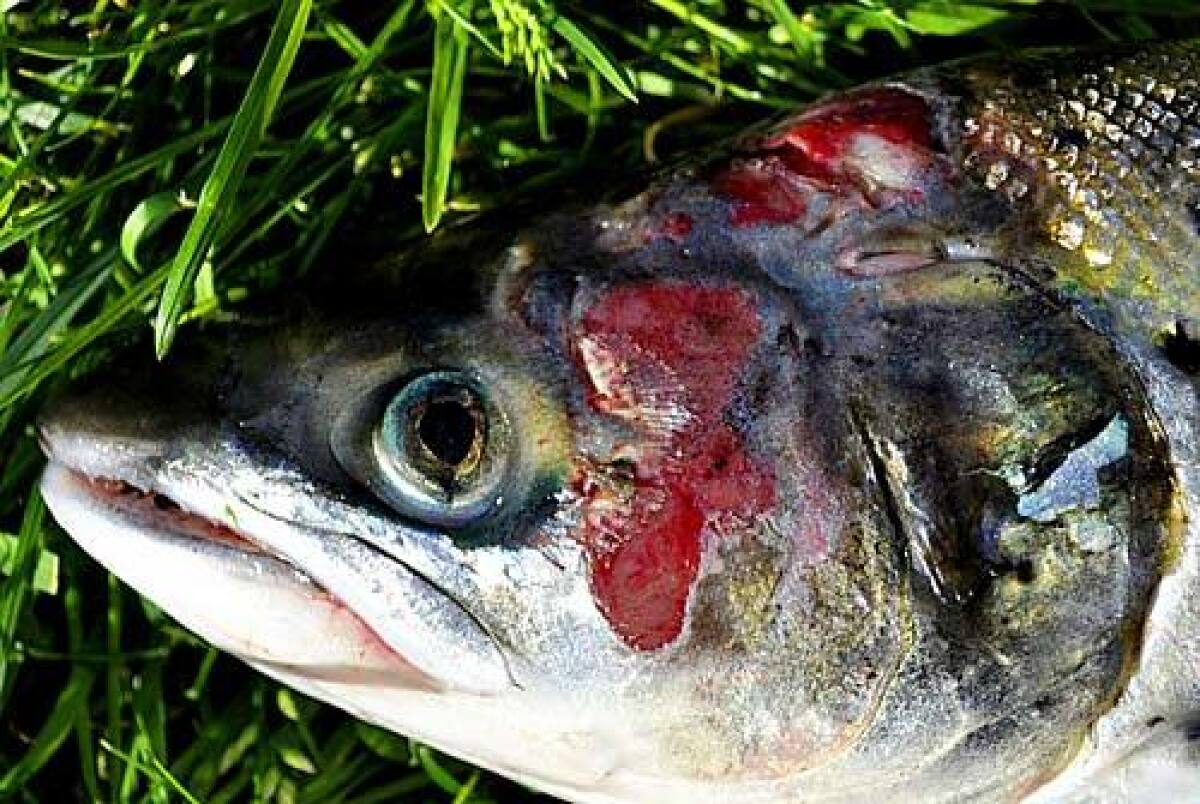Blood pressure: potassium, fish oil and fiber

Results haven’t been unanimous, but a good deal of research suggests that healthy doses of potassium can help lower your blood pressure.
A 2001 study based on data from more than 17,000 U.S. adults, for example, found that people who ate 8.5 servings a day of fruits and vegetables (about 4,100 milligrams of potassium) had lower blood pressures than people who ate 3.5 servings (1,700 milligrams) -- by an average of 7.2 mm Hg systolic and 2.8 mm Hg diastolic units. (One contributing factor in the success of the DASH diet may be potassium-rich fresh fruits and vegetables.)
An Institute of Medicine panel recently recommended that adults should have at least 4.7 grams of potassium daily unless they have medical conditions that preclude it. This is about twice as much as most American adults get. Studies suggest that the ratio between potassium and sodium may be more important than the absolute levels of either -- 2-to-1 is the target.
Other studies have suggested blood-pressure-lowering effects for fish oil and fiber. Oily fish such as salmon and sardines are good sources of fish oil, but high doses can increase the risk of bleeding, so it’s wise to consult a healthcare provider before taking supplements. Good sources of fiber include whole grains, especially bran, beans and many fruits and vegetables.



